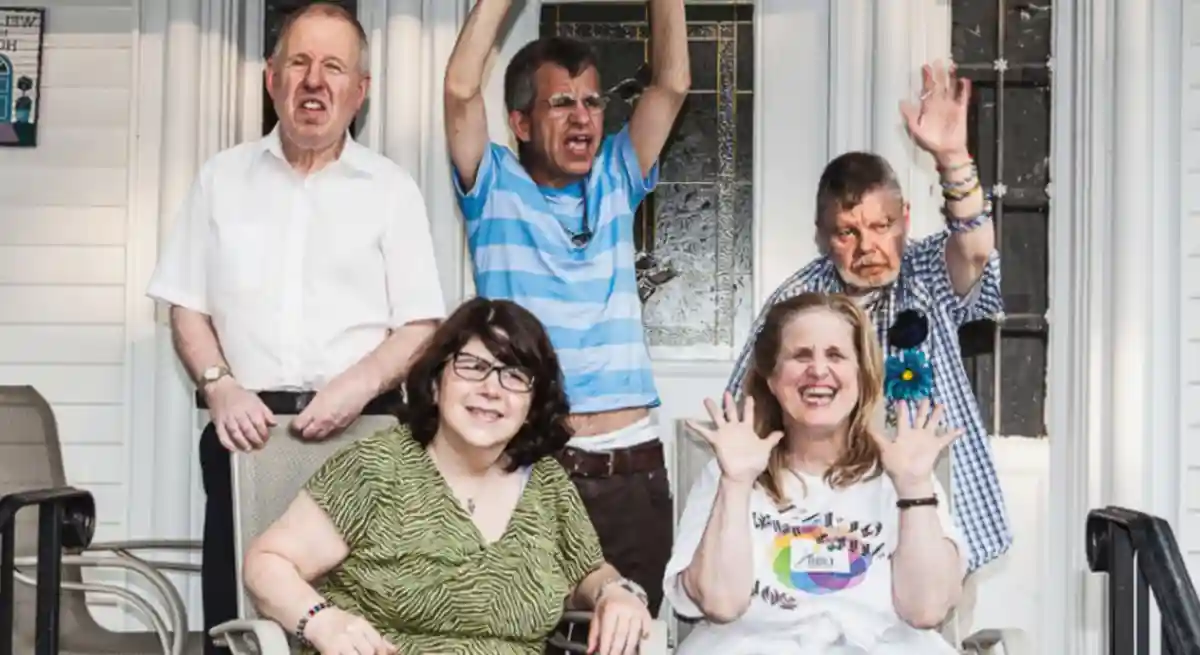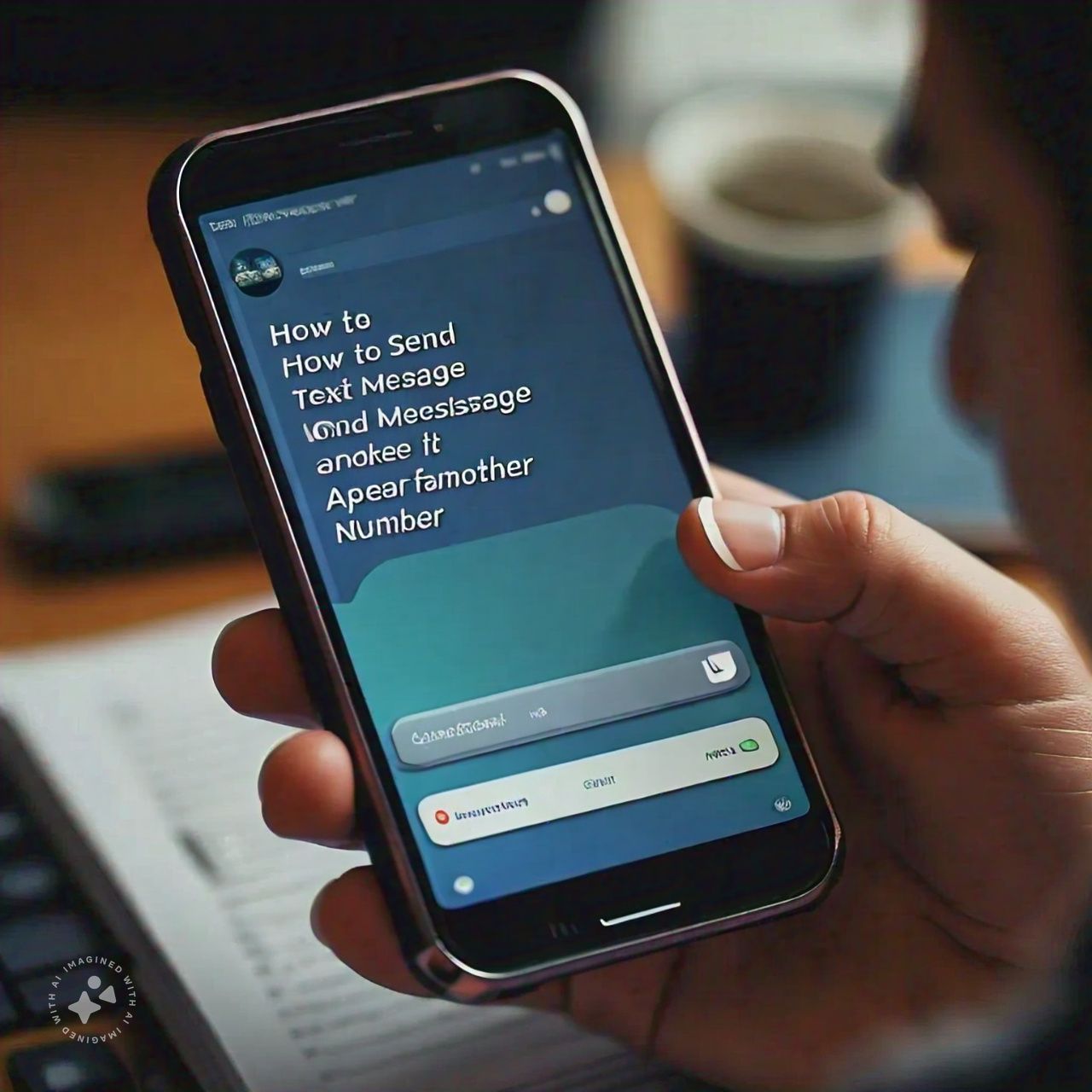
A group home is a place where people who need special care can live and get help all day and night. This can include older people with disabilities or people who have problems with drugs or alcohol. You are here because you need to start a group home for adults with disabilities – that’s an excellent decision. And to help bring your positive plan to light, we have prepared this publication with the necessary steps you can follow, irrespective of your state. Nevertheless, this guide is in its generalized form, so laws can vary according to your specific state.
How to Start a Group Home for Adults with Disabilities

1. Set your goals – first thing first
There are more and more people in the U.S. who need to live in group homes. This is mostly because there are more older people and also because other adults and young people can do well in group homes. If there are a lot of people who need group homes, that means there is a chance to make some money. But don’t think that starting a group home is an easy way to get rich.
If you only want to start a group home to make money, this is probably not the right job for you. It’s hard work and takes a lot of time and money. It can also be frustrating. But if you love helping old people, it can be very rewarding.
2. Look at your local market
You may not want to open a group home in a town that already has lots of them unless you have a different idea. So, check out the area where you want to open your group home. Get to know how many group homes are there and if they need more. Also, look at the possibility of offering something that other group homes don’t.
You should also talk to the government offices that are in charge of group homes where you live. Ask them if they need another group home and what kind they need most.
You can even talk to other places, like hospitals or probation offices, to find out what kind of group home is needed in your area.
3. Get ready for some pushback
Don’t think everyone will be on board with group homes. Some people may disagree due to political reasons, worries about how well they work, or fear of changing the feel of their neighborhood.
You would find political push in many US states to reduce money for children’s group homes. Usually, this is to concerns about abuse, exploitation, and doubts about their benefits.
When it’s time to start a group home for adults with disabilities, local homeowners might resist your move. Even though you plan to help only old people, some folks might not like the idea of any group home at all.
They often worry about their “house prices falling”. So, be ready legally and ease the community’s worries by explaining why the group home is needed and how you will be a good neighbor.
4. Craft that perfect group home business plan
A group home for old people is just like any other business such as a grocery store or gardening service. You need a well-thought-out business plan that lays out your goals, needs, challenges, and opportunities.
A business plan isn’t just for attracting investors. It’s useful even if you don’t need financial help. Your business plan should have:
- A Title Page and Table of Contents.
- An Executive Summary to summarize your vision.
- A General Company Description to explain your company and its services.
- A Products and Services section to detail what you offer.
- A Marketing Plan to describe how you’ll reach your customers.
- An Operational Plan to outline your day-to-day operations.
- A Management and Organization section to describe your structure and principles.
- A Financial Plan to outline your financial model and investment needs.
The U.S. Small Business Administration (SBA) has created a simple guide for creating your business plan for a group home targeting seniors with disabilities.
5. Look at your money situation
You probably don’t have enough spare cash to fund the group home for old people with disabilities yourself. Therefore, have a careful look at your business plan and personal finances to help you figure out your financial needs.
You could always obtain small business loans through your local and state agencies that oversee group homes if they offer grants or low-interest loans. You can always grab loan opportunities using the SBA.
Don’t be scared to think outside the box when it comes to finding start-up money for your group home. You could try crowdfunding, renting out part of your house, or borrowing from friends and family. Just remember that mixing business with personal relationships can sometimes be awkward.
6. Make friends with your local government
In the U.S., your group home for adults with disabilities will do better if local, state, and maybe even federal agencies like you.
Without their support, you might have a hard time finding people to live in your home, understanding all the rules, and getting paid for your work.
- In California, for example, a children’s group home needs a thumbs up from the county it’s in to get important funding from the AFDC-FC program.
- Connecticut has its own set of rules, covering everything from phones to clean bathrooms. You’re going to need a lot of help to get through all the paperwork to start a group home.
Find out how to get a license where you live. It’s hard to give specific advice here because every U.S. state (and maybe even county) has its own steps to start a group home. You’ll need to take charge to make sure you do everything right.
- For example, in California, the state Department of Social Services licenses group homes for kids.
- In Florida, the Department of Health gives information but doesn’t license group homes. That’s the job of the Agency for Health Care Administration or the Department of Children and Families, depending on the type of home.
- In Connecticut, the Department of Developmental Services licenses group homes for the mentally disabled.
Getting a license for your home is just the beginning. You might also need a personal license as a Certified Administrator of Group Homes.
7. Understand the rules that apply to you
Get to know the rules for health and food inspections in Florida or the fire marshal’s approval in California. Also, get to know how to train your staff in first aid and CPR. You also want to find out about the acceptable business permits you need. The paperwork can feel never-ending.
Just start by getting in touch with your local health, human services, or social services department, or any other local department that deals with group homes. If you need to, go up to the state and federal level.
Remember why you start a group home for adults with disabilities – it’s to help your community. So, don’t be afraid to ask for advice from people who already run group homes.
8. Get your non-profit status and insurance
Even if they’re not required by law where you are, they’re still really important. They’ll help protect all the time and money you’re putting into your group home.
Getting non-profit status in the U.S. isn’t fast or easy. You have to set up a corporation by submitting some documents to your state. Then, you have to fill out a long form from the IRS.
If they approve it, you’ll have to go back to your state to make sure you don’t have to pay state taxes. You might want to think about hiring a lawyer who knows how to do all this.
You’ll also need to check if your state requires you to have insurance for your group home. Regardless, it’s a good idea to get insurance that covers things like accidents, fire, and theft.
9. Get ready to hire people
No matter how big your group home is going to be, you’re going to need some help. Before you start hiring, make sure you have all your paperwork and requirements sorted out.
You can start by looking at this article from the SBA and this publication from the IRS. They’ll help you understand what kind of paperwork and records you need to keep when you hire someone in the U.S. Here are some of the things you’ll have to do:
- Fill out Form I-9. This checks if someone is allowed to work in the U.S.
- Give them Form W-4. This helps figure out how much federal tax to take out of their paycheck.
- Find out what your state needs you to do when you hire someone new, how to report taxes, and how to handle workers’ compensation insurance.
- Set up a way to keep track of all your responsibilities as an employer.
10. Choose the perfect location
After completing all the necessary paperwork, it’s time to find a spot for your group home. Look for a suitable place considering any possible challenges.
Learn about the local zoning rules to understand where you can legally set up your group home. Also, get familiar with the local and state guidelines for group homes. For example, in Connecticut, there are specific rules about the size of resident bedrooms.
You might face resistance from locals who might not be happy about a group home in their area. They might worry about safety, lower property values, or issues with traffic and parking.
Even after confirming your legal right to start your home, be ready to explain and defend, politely, the advantages your group home will bring to the community.
11. Secure an approval
Get an approval letter. After you’ve finished all your paperwork and planning, and you’re ready to open your home, you need an approval letter from your local government authority in charge of group homes. This letter, often called a “host letter,” lets the local social services department know they can send potential residents to your home.
For example, if you’re running a group home for abused children, these children within the system must be placed with you. Depending on where you are, you might need a valid “host letter” to receive reimbursements.
Check with your local government authority overseeing group homes to understand the process and requirements for getting this letter.
Tips to Hire the Right Team for Your Group Home
Hopefully, you’re ready to recruit employees and can now focus on choosing the right people. Hiring the right team isn’t always straightforward, but there are ways to increase your chances of selecting the best people for your group home.
Look for people with positive experience working in a group home, but don’t ignore those without experience. Think about their education, training, personality, and temperament. Working in a group home needs patience, determination, and kindness. You need the right person with the right mindset.
During interviews, ask questions like, “Can you tell me about a problem you solved successfully?” to get a sense of their ambition, creativity, and work ethic.
Remember, they may have prepared answers for common questions. If they can’t answer well, it’s not a good sign. You can also create a few hypothetical questions related to group home scenarios, like, “How would you handle a resident who is/says/does…?”
Don’t Forget to Advertise Your Presence
Get ready to start your business. Opening a group home is different from starting an automatic car wash, but like any small business, you need to hit the ground running.
You’ve been preparing for a successful start, but now it’s time to let people know you’re opening and ensure the first experience is good. You can look up general tips on starting a small business, many of which apply to a group home.
Even though promotional balloons and giveaways might not suit your group home’s grand opening, advertising is still crucial. Spreading the word through traditional, digital, and social media is valuable. For group homes, networking with relevant government agencies and community groups—like charities, religious groups, educational institutions, etc.—can be the most important form of advertising.
Conclusion
Just before you leave this page (to return another day), start a group home for adults with disabilities with all the good luck. And to end this guide, remember that like any business, you need a clear idea of your expected income and costs before you start. That’s because you need to know how much your group home will depend on government funding. Don’t expect to become rich from running a group home. Instead, concentrate on the good work you’re doing for those in need.



![How To Make a Married Man Spend Money on You [10 Secrets]](https://lazynaijayouths.com/en/wp-content/uploads/2024/12/inside-main-picture.webp)
![Yahoo Blackmail Format Investigation [How this Scam Format Works]](https://lazynaijayouths.com/en/wp-content/uploads/2024/12/blackmail-format.webp)
![Chris Brown Phone Number [Whatsapp, Email and Contact Details] 2024](https://lazynaijayouths.com/en/wp-content/uploads/2024/12/BLAKPROPHETZ-CHRIS_BROWN_-_BET_AWARDS_cropped.jpg)